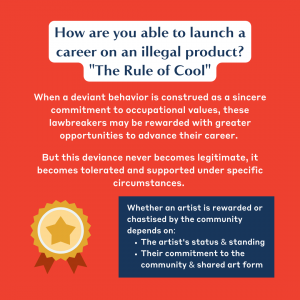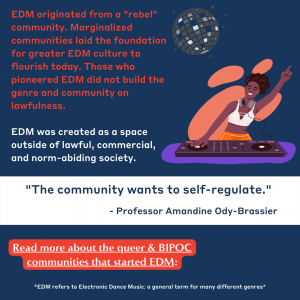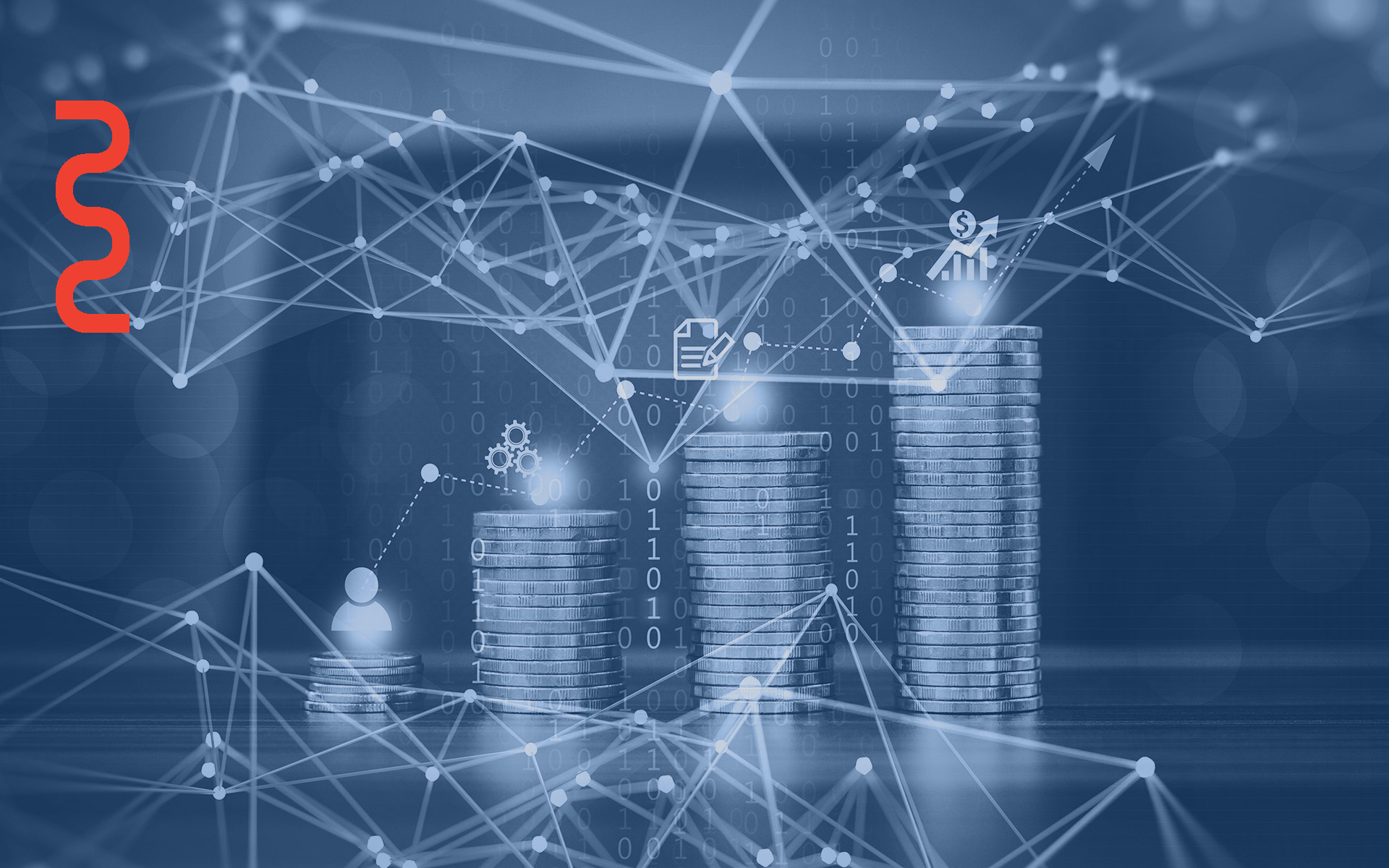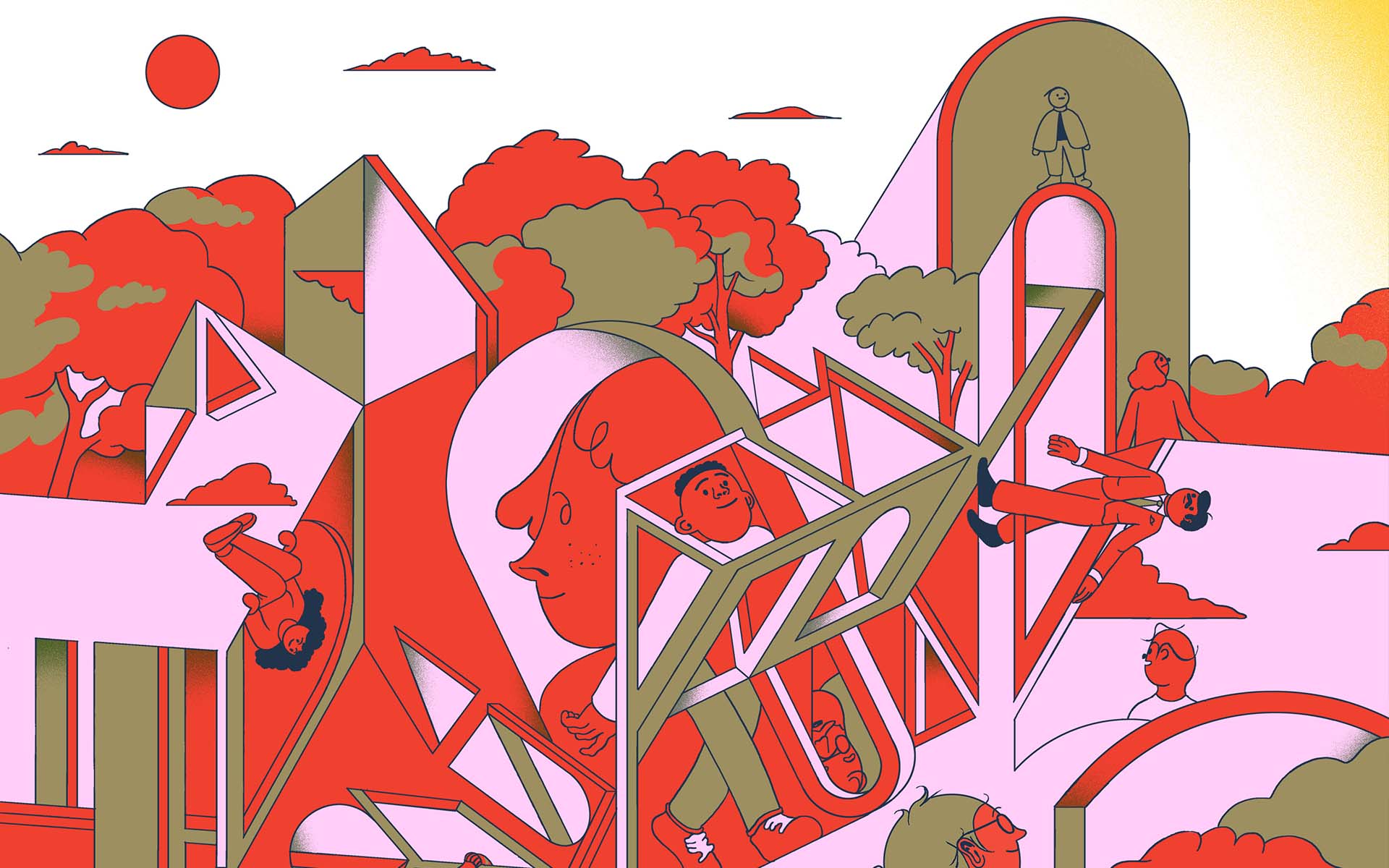When does deviance from the norm propel a career or stop it in its tracks? Call it law-breaking or call it creative license, in creative industries and occupations, intellectual property concerns can make or break reputations, careers, and companies. Ask the creators themselves whether something is deviant, illegal, or illegitimate and the answers aren’t simply yes or no, they’re varying shades of grey. In the electronic dance music community, for one, the enforcement of certain norms and legalities around intellectual property isn’t always up to the law—it’s up to the community.
Subscribe:
In their recent research paper “Deviance as a Means to Build a Legitimate Career: Evidence from the EDM Industry,” Desautels professor Amandine Ody-Brasier and her co-author, Copenhagen Business School professor Xu Li, discovered that within the electronic dance music (EDM) community, norms around unlawful activities such as illegal remixes are loose and often garner support, even career-launching acclaim—despite EDM’s global nature and each country having its own intellectual property laws.
“What you consider deviant in one community may not be viewed as deviant in another community; it is in the eye of the beholder,” explains Ody-Brasier. The exact same behaviors could be labeled differently. Her research asks how norms—appropriate, though not necessarily legal, behaviors shared by community members—affect careers and other economic outcomes in creative occupations.
From illegal to legitimate
Ody-Brasier has researched norms in occupational communities for many years, including in the champagne industry, but it was a perfect storm of data and timeliness that turned her academic eye to EDM. She noticed a story in the New York Times about a 19-year-old DJ in Kazakhstan named Imanbek, who in 2019 made an illegal remix of a 2016 R&B track he had fallen in love with: “Roses” by Guayanese-American rapper Saint Jhn. Imanbek tried to contact the artist, but didn’t get a reply – he shared the track online anyway. The EDM community loved it, shared it, booked gigs for the previously unknown artist. The remix went viral on YouTube and then on TikTok, amassing millions of views. Within months, Imanbek was signed to Russian label Effective Records and collaborated with Saint Jhn on an official release the accidental collaboration as a single.
“It doesn’t make a lot of sense that you would be able to launch a career on an illegal product,” says Ody-Brasier, who decided to figure out why, in fact, it did make sense in the EDM community. Like many community-based norms, whether an artist is rewarded or chastised by the community depends on the circumstances, the artist’s status and standing, and their commitment to the community and their shared art form. Getting gigs and label deals based on a bootleg remix happens often, but not to every artist. Is it possible to make sense of why certain norms are enforced while certain deviances are celebrated?
Professor Ody-Brasier and Professor Li asked that question and many more, analyzing a hand-collected dataset on the employment outcomes of nearly 40,000 DJs and producers across the world over ten years. They also talked directly to the producers, DJs, agents and club bookers themselves. Among their findings, they saw that when a deviant behavior is construed as a sincere commitment to occupational values, these lawbreakers may be rewarded with greater opportunities to advance their career.
Determining deviance
“Across communities, you’re going to have different definitions of what is acceptable. But even within the community, depending on what is driving a particular behavior, it will be labeled as deviant or not,” explains Ody-Brasier.
Even in the EDM community, releasing illegal remixes or bootlegs isn’t encouraged, yet under very specific conditions, some artists do receive support and are hired for gigs after their illegal remix garners a following. “But this never becomes a norm,” Ody-Brasier emphasizes. “This never becomes the way you do things. And in that sense, it never becomes legitimate. It becomes not-illegitimate, which is slightly different. It becomes tolerated. Artists who engage in the practice are somewhat supported under specific circumstances. And that’s quite different in my mind.”
Ody-Brasier and Li looked deeply into data from an online music platform, itself is a multi-community hub that for many years was a repository for music and meeting point for EDM artists regardless of whether they’re well-known or just starting out. In this data, the researchers could observe the likelihood of artists being hired for gigs, and the type of music that they’re producing, such as whether a bootleg led to gigs, and then official remixes and perhaps original music. Ody-Brasier and Li also conducted interviews with electronic music producers, DJs, agents, bookers and label owners around the world, in Europe, North America, China, Brazil and elsewhere.
“We were really interested in understanding some of the factors that might help these artists,” says Ody-Brasier, explaining that the main source of revenue for EDM artists is in live performances. Live performances, or gigs, typically happen when the artists’ original tracks or remixes get shared and popular online. The advantage of remixes is that they tap into an existing audience of fans: “It’s been described to us by some of the interviewees as a bit of a fast track to visibility and connections.”
The sticking point, however, is the nature of the remix. Artists will either reach out to the track’s original artist and get the copyright approval (the artists might even collaborate) or the artist will simply go ahead with the remix without approval.
“There is no doubt to most of the artists that we’ve interviewed that this is illegal,” says Ody-Brasier. “There are many reasons why they may want to do it, and in fact, the reasons why they still want to do it are part of the explanation for whether they are supported or not. What we find is that, of course, producing remixes, not very surprisingly, is more helpful to get gigs than producing original music. And second, more importantly, and surprisingly, we find that releasing illegal remixes bootlegs is even more helpful.”
Putting the community first
From both a theoretical perspective and simply common sense, the expectation is that doing something illegal would not help someone achieve their goals, says Ody-Brasier. She investigated what it means as community to determine acceptable behavior and decide who is guilty or not guilty of deviating from that behaviour. Why do some illegal remixes create success for one artist and lead to the downfall of another?
“Many of these artists in EDM are professional musicians, most of them were classically trained, many of them are relatively business savvy,” says Ody-Brasier. “They’re not completely oblivious to their ability to protect their intellectual property.”
But when a remix is posted online for free, as a way to share a recreation of an original, intellectual property gets murky. “They just want people to see their work. There’s that sense that I find very interesting, which is: we don’t need to find wait for a bigger slice of the pie, we can grow the pie. And art does that very, very well and illustrates how it can be done very, very well.”
Whether a community’s norms all fit within the law or not, community support leads to more creative output. Ody-Brasier isn’t advocating for illegal activity, of course, she’s observing that rules are bent to fit specific communities: if no one’s hurt, is their harm?
“Norms should be evolving and norms should be following a shared understanding of what is appropriate and what is not,” adds Ody-Brasier. “And the generational effects of what is appropriate and what is not are very clear, there are stark differences in terms of what is acceptable for the newer generations and what is not…. Alignment between the different types of normative systems is never a given. It’s always something in motion, and you have to constantly adapt and adjust.”
For more insights, listen to the podcast with Professor Amandine Ody-Brasier.
This episode of the Delve podcast is produced by Delve and Robyn Fadden. Original music by Saku Mantere.
Delve is the official thought leadership platform of McGill University’s Desautels Faculty of Management. Subscribe to the Delve podcast on all major podcast platforms, including Apple podcasts and Spotify, and follow Delve on LinkedIn, Facebook, Twitter, Instagram, and YouTube.

















